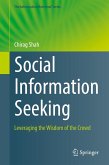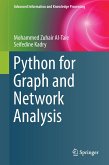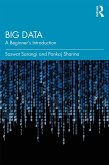The aim of this book is to establish a basis for resolving the various issues facing modern society by exploring the field of Computational Social Science, which fuses the social and natural sciences. Today, society is threatened by problems concerning the environment, population growth, hunger and epidemics, all of which could lead to the extinction of humankind. However, attempting to resolve these issues is extremely difficult, because of the complex, intertwined factors involved, and because these issues are not just matters related to nature and the environment but also to society.
In this book, we investigate this aporia of the social sciences with the help of big data (which has gained considerable attention in recent years) and techniques such as agent-based simulation. Our aim is to resolve the complex system problems characteristic of the present age. In this regard, the book focuses on specific issues such as the reconstruction of public character in our social-media-saturated modern lifestyle, the current state of social capital, and the resultant social changes.
In this book, we investigate this aporia of the social sciences with the help of big data (which has gained considerable attention in recent years) and techniques such as agent-based simulation. Our aim is to resolve the complex system problems characteristic of the present age. In this regard, the book focuses on specific issues such as the reconstruction of public character in our social-media-saturated modern lifestyle, the current state of social capital, and the resultant social changes.








